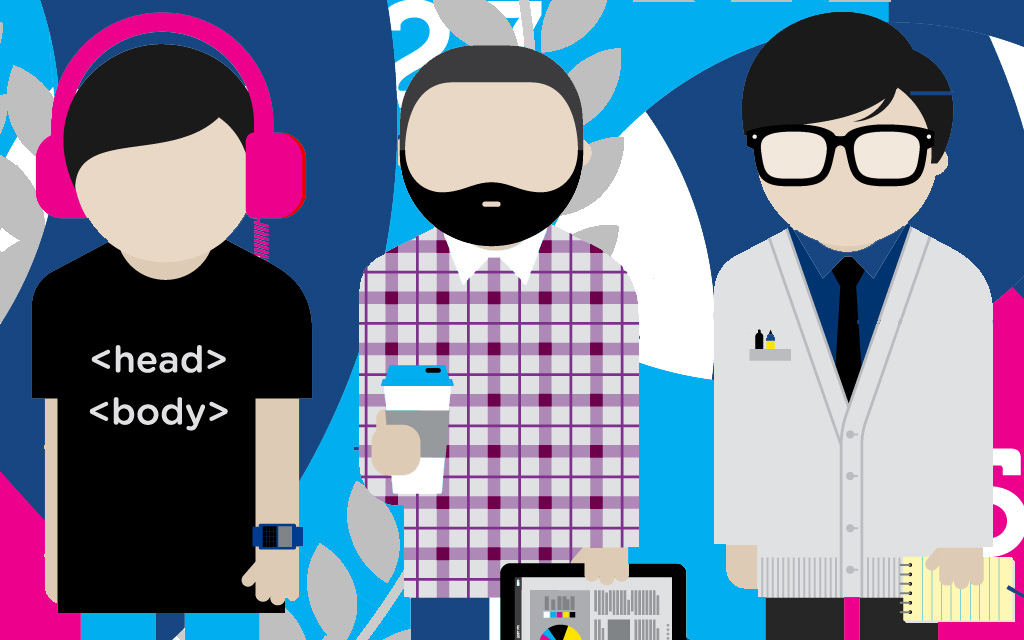
4 insights and 4 lessons: Knight News Challenge
We recently completed an assessment of the early Knight News Challenge winners (2007 and 2008), taking a closer look at the outcomes they’ve achieved in their targeted communities, their challenges, progress and influence on the field of media and journalism. We’ve displayed the report highlights in an infographic and a SlideShare presentation that we built in partnership with the design firm Kiss Me I’m Polish.
Certain key insights and lessons stood out for us.
Here are four things we noticed about successful media innovation projects:
1. Knowing Your Niche – Projects that stayed close to their community, and adapted with it, found success in unexpected places. A good example of this is Freedom Fone, a two-way, phone-based information service (e.g. audio menus, SMS and voice messages), which discovered a niche by working with community radio stations in Africa that had been denied broadcasting licenses. A growing number of stations have used Freedom Fone’s VoIP technology to enable them to continue to reach their audiences (and now often with added interactivity).
2. Building Community – Whether it had a fancy design or promised the next whiz bang tool, projects’ success hinged on how well they engaged their users. For example, EveryBlock didn’t gain significant traction until it moved from a static public data site to incorporate social media and personalized, interactive features.
3. Training for Engagement – For projects that rely on user-generated content, training can be a powerful tool for getting more people involved. The trainees enjoy the skill development, and it often inspires them to stick with the project. For example, Media Mobilizing Project and Video Volunteers, two citizen media efforts, effectively used training in Philadelphia and India to build relationships with the community and ensure people had the skills to produce content.
4. Earning Income: While they didn’t discover a magic revenue bullet (and nor did we ever expect them to), several projects experimented with interesting ways of generating income. Several entrepreneurs used the skills they picked up building their project to offer professional services like training and consulting. Others, like Village Soup, created enterprise versions of the open source software they developed, which they sell to businesses.
In addition, we also learned a few things about how we can improve our own efforts to push the future of news and information. Here’s what we’re taking away:
1. Speeding up the Contest – The eight-month period between when we receive applications and announce the challenge winners is too long – and inconsistent with the rapid pace of innovation. The wait inhibits applicants’ ability to respond to market opportunities. We need to move faster.
2. Open Thinking – Open source licenses can be a powerful way for ensuring greater adoption of software developed through Knight-funded projects. However, doing this right can be time-intensive, requiring grantees to manage the tech pieces on the development side and the documentation, training and technical assistance often needed to encourage greater uptake on the potential user side. We need to be mindful of the time and resources it takes to build a developer community. When thinking about ‘openness,’ we should also look at the extent to which projects make their underlying ‘raw’ data available and build out APIs that make their data accessible.
3. Building a Budget – Many winners had trouble accurately budgeting project costs, particularly when it came to technology and marketing expenses. Greater upfront assistances with business planning and technical programming can help address some of these issues.
4. Tapping into Talent– Many winners faced challenges in assembling a team with the mix of skills needed to be effective on the web: content development, user experience and technical programming. We need to explore ways to better network winners and connect them to other resources.
-By Mayur Patel and John Bracken
Recent Content
-
Journalismarticle ·
-
Journalismarticle ·
-
Journalismarticle ·


